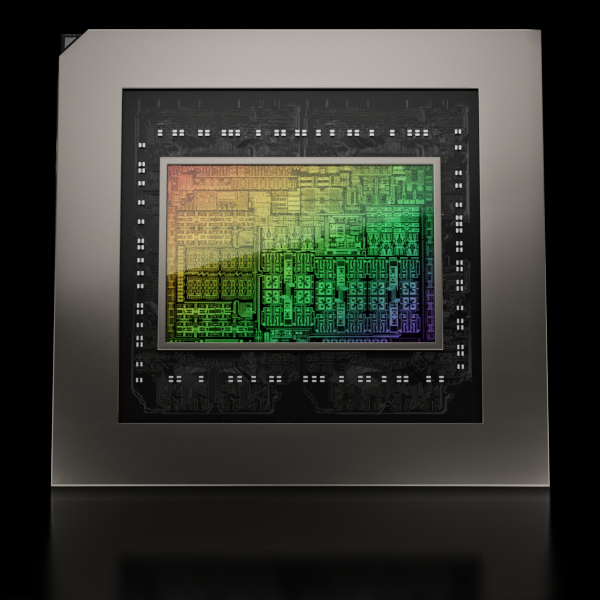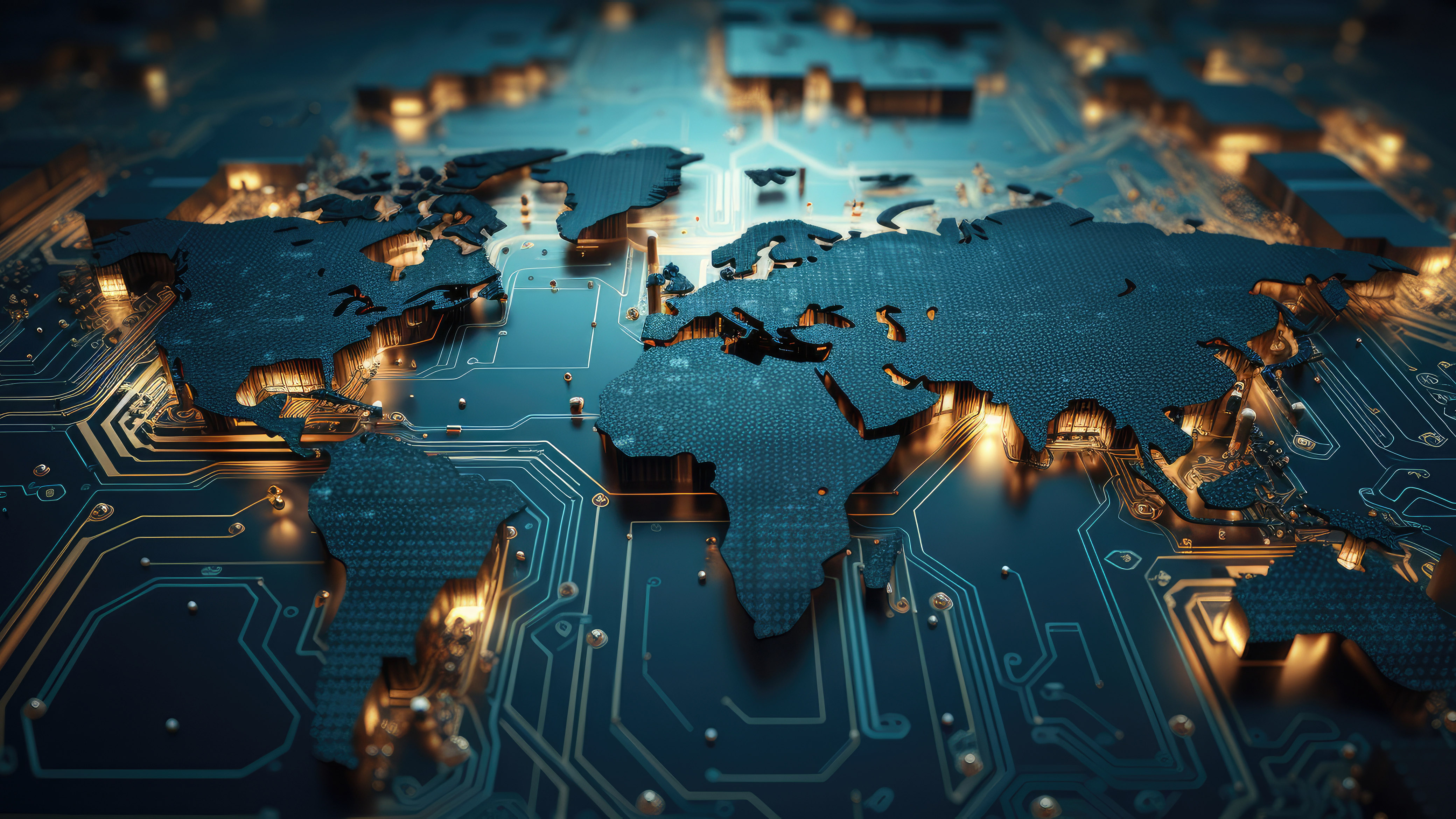I just discovered this. Can’t believe it’s not talked about more. At 3:45 in this YouTube video the presenter mentions a Tesla employee who went on to work for Chinese company Xpeng stole Tesla’s FSD software before joining Xpeng, who is now using it in their cars. This is the same Xpeng whose PX5 humanoid robot was featured at NVIDIA GTC Keynote in March of this year.
How can NVIDIA collaborate with a company that outright stole from a US company and still maintain credibility in the eyes of the US consumer?!
In fact why would any robotics company or car company like Volkswagen with a shred of credibility associate themselves with such a company. I won’t be buying Xpeng, Volkswagen or anything NVIDIA.
I will also be looking for alternatives to Made In China when making any purchases in future, including mundane items while grocery shopping, and hope robotics companies take a long hard look at this event and rethink manufacturing in China due to the complete lack of care for intellectual property there.
Crazy to think Tesla now have to compete against themselves in the guise of Xpeng and Volkswagen.
XPENG and NVIDIA
XPENG is a global leader in smart electric vehicles (EVs) that’s shaping the mobility experience of the future with transformative technology using the high-performance compute of the NVIDIA DRIVE® platform. Its smart driving assistance architecture, XNGP, brings functionally safe and secure, intelligent driving to China and soon to other markets.
Source: https://www.nvidia.com/en-us/self-driving-cars/partners/xpeng/
Source:NVIDIA DRIVE Powers Next Generation of Transportation — From Cars and Trucks to Robotaxis and Autonomous Delivery Vehicles
BYD, Hyper, XPENG, Plus, Nuro, Waabi and WeRide Adopt DRIVE Thor; Features New Generative AI Capabilities of Blackwell Architecture
GTC—NVIDIA today announced that leading companies across the transportation sector have adopted the NVIDIA DRIVE Thor™ centralized car computer to power their next-generation consumer and commercial fleets — from new energy vehicles and trucks to robotaxis, robobuses and last-mile autonomous delivery vehicles.

NVIDIA DRIVE Powers Next Generation of Transportation — From Cars and Trucks to Robotaxis and Autonomous Delivery Vehicles
NVIDIA today announced that leading companies across the transportation sector have adopted the NVIDIA DRIVE Thor™ centralized car computer to power their next-generation consumer and commercial fleets — from new energy vehicles and trucks to robotaxis, robobuses and last-mile autonomous...
Back in 2019, Tesla initiated a lawsuit against Guangzhi Cao, a former Autopilot engineer who quit to join Xpeng’s autonomous driving team.
In the lawsuit, the automaker claims that Cao downloaded the Autopilot source code to his personal device through Airdrop before leaving and selling it to Xpeng when joining the company.
Xpeng, who has been called a “Tesla clone” for copying Tesla’s Autopilot user interface and even copying its website, was not a party in the lawsuit.
Instead, Tesla focused on Cao’s actions.
The engineer admitted to downloading some of Tesla’s Autopilot source code, but he claims to have deleted it before leaving the automaker and never having transferred it to Xpeng.
In a filing related to the lawsuit, Tesla pointed out that an ex-Apple engineer was criminally accused of doing something very similar when leaving to join Xpeng around the same time as Cao.
The automaker argued that it was a coordinated effort from the Chinese EV startup to steal intellectual property.
Xpeng had also previously hired Tesla’s lead machine learning engineer working on Autopilot, Junli Gu, to lead its autonomous driving program. She left Xpeng last year to launch her own startup.
Cao reportedly also left Xpeng, and now we learn that he settled the lawsuit with Tesla.
Reuters reports that the terms of the settlement haven’t been disclosed, but it did include a payment made by Cao to Tesla:
“Terms of the settlement, which included a monetary payment made by Cao to Tesla, were not disclosed. Tesla did not immediately respond to a request for comment.”
Xpeng again asserted that it “respected intellectual property rights and relied on its in-house developed proprietary R&D and intellectual property.”
Source: https://electrek.co/2021/04/16/tesl...ole-autopilot-source-code-chinese-competitor/


